I work with students and colleagues as collaborators on research and engagement to facilitate sustainability transitions; we share a passion for working towards a more just, equitable, sustainable, and resilient future.
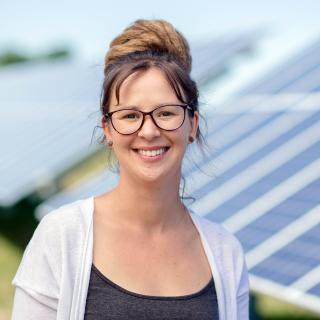
Chelsea Schelly, PhD
Dr. Schelly is Professor of Sociology in the Department of Social Sciences at Michigan Technological University. She received her PhD from the Department of Sociology at the University of Wisconsin-Madison in 2013. She's also the Director of Research, Center for Innovation in Sustainability & Resilience.
Her work is inspired by the belief that the technological systems used to sustain residential life structure how humans conceive of their relationship to the natural world and to one another.
You can also find her on ResearchGate, Academia, and LinkedIn. She occasionally contributes to the MTU sustainability blog.
Current Students
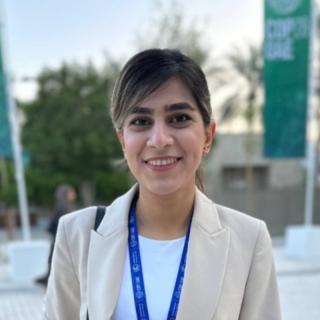
Nelly Aghaei, (MS in Sustainable Communities)
Nelly is a Research Assistant on a the Sloan Rural electrification project where she's working on evaluation of the barriers and drivers identified for energy transition of rural communities in the north. Prior to joining the Department of Social Sciences at MTU, Nelly was a in Tehran, Iran where she earned her undergraduate degree in Urban Engineering from Azad University.
Elizabeth Amoah, (MS in Sustainable Communities)
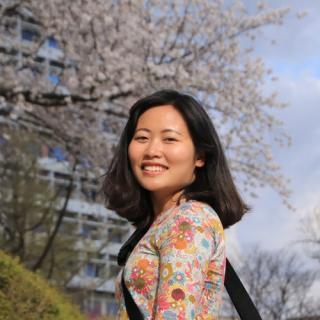
Mai Anh Tran, (PhD in Forestry Science)
Mai Anh Tran is a Forest Science PhD student. Her research interests are livelihood resilience, indigenous knowledge, sustainability, and human dimensions in natural resources management. She has field experience in Vietnam where she worked as Field Researcher. Mai has a Master's degree in Forest Resources from Kookmin University.

Mercedes Asamani, (PhD in Environment and Energy Policy)
Mercedes Asamani is a PhD student in Environmental and Energy Policy. Her research focuses in energy policy and justice, climate education, socio-technical system transitions, and community engagement. She is also the founder and Executive Director of the Institute for Development (Ghana) a non-profit organization in Ghana. Prior to joining MTU, she worked as a Research Assistant at the Ghana Centre for Democratic Development. Mercedes has earned a Masters degree in Public Administration from the University of Ghana.

Abbi Halkola, (PhD in Environmental and Energy Policy)
Abbi has a Masters in Sociology from Easter Michigan University and her research interests are Environmental Justice, Rural Sociology and Equitable Policy.

Kathy Huerta Sanchez, (MS in Environmental and Energy Policy)
Kathy has a diverse work experience and is a management student with a B.S degree in Business Administration from Oklahoma State University. In her MS program, she worked on projects involving climate policy making, Just Energy policy, and Environmental justice elements.
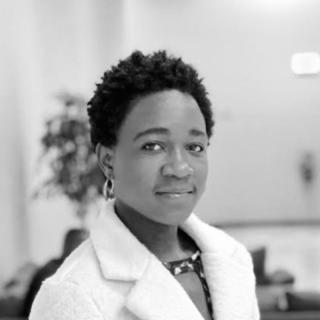
Nyasha Milanzi, (MS in Sustainable Communities)
Nyasha has a technical background as a Electrical Engineer from Ashesi University in Ghana and currently, and in her MS program, she has aligned her passion for civic engagement with her research interests in equitable energy transition in the underserved communities of Africa.
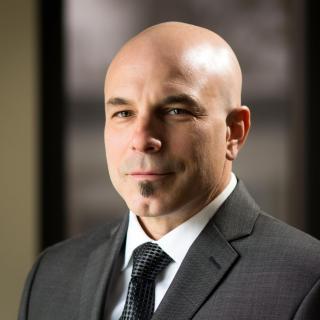
Don Lee, PhD in Environmental and Energy Policy
Don Lee's research focuses on democratization of energy systems through public ownership ensuring reliability and resilience through revenue reinvestment. His research efforts translate into community support for an engaged and informed decision making leading to locally accepted and regionally appropriate clean energy transition. Through his research, Don aims to improve solutions of equitable access to energy and climate change mitigation.
Graduated Students

Zoe Ketola, MS in Environmental and Energy Policy
Zoe earned her Masters in Environmental and Energy Policy (EEP) at MTU where her research focused on sustainable redevelopment. This is exemplified in her thesis on Accepting Change: Facets Of Acceptance & Sustainable Redevelopment. Zoe has now moved onto her PhD in Energy and Environmental Policy at the Biden School of Public Policy, University of Delaware. She focuses on energy justice and social science approaches in research to support community wellbeing while making sustainable transitions.

Christian Sheja, Masters of Science (MS)
During Christian’s time at MTU he focused on the acreage available for agrivoltaics in Michigan communities with 100% renewable energy goals. He found that in all of the studied communities, agrivoltaics is possible and could provide economic benefits and help Michigan meet renewable energy and carbon goals. This work can be shown in his thesis on Utility Scale Agivoltaics Development proximate to Michigan Communities with 100% Renewable Energy Goals.
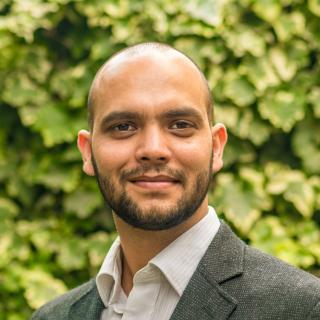
Shardul Tiwari, Doctor of Philosophy (PhD)
Dr. Tiwari is now a Postdoctoral Researcher, Assistant Professor at MTU, and an Energy Policy Consultant. He has been conducting research on the social aspects of energy security and energy justice. While Dr. Tiwari got his PhD at MTU he was a Fellow at the Keweenaw Energy Transition Lab. His research focused on energy justice, energy policy, and looking at the integration of renewable energy technologies in the U.S electricity market.
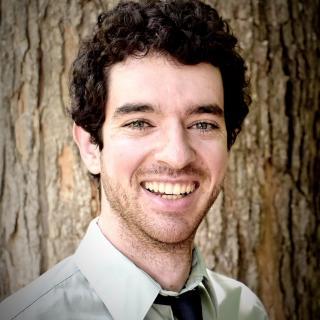
William Lytle, Doctor of Philosophy (PhD)
Dr. Lytle has intentionally cultivated experiences to understand complex problems in the last decade. Drawing from a vareity of perspectives including finance, policy, built infrastructure, media, ecology, sociology, politics, and strategic planning, it has enabled him to manage diverse programs. He is the founder of Evergreen International Sustainability Solutions, a platform for providing consulting services to industry, governments, and academia through Life Cycle Assessment (LCA), and institutional analysis in emerging markets. During his Phd stint at MTU, Lytle was focused on the perception, practices, and policies that govern food, energy, and water consumption in a suburban US home.
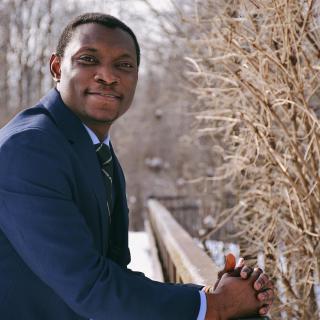
Adewale Adesanya, Doctor of Philosophy (PhD)
Dr. Adesanya is the founder of Havenergy Consulting, which is engaged in decarbonization pathway analysis, project management, energy policy advisory, and energy justice and equity advocacy. During his PhD tenure at MTU, he was part of the collaborative research on Michigan Indigenous Community and Anishinaabe Renewable Energy Sovereignty (MICARES) project.
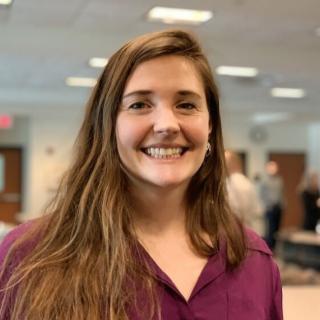
Emily Prehoda, Doctor of Philosophy (PhD)
Dr. Prehoda is currently the Chief Operating Officer of Chart House Energy. She is involved in providing policy support to the company in the form of monitoring and preparation of testimony regarding upcoming energy policy and changing legal environment. Her other involvements include team management and development of solar projects for C&I and Municipal level solar projects. She is also responsible for overseeing regular operations alongside development of growth strategies. Emily was inducted into the Michigan Tech College of Science and Arts Academy for her excellent leadership and impactful professional work. During her PhD program, Emily's focus was on community solar, energy security, and energy policy.

Amanda Kreuze, Masters of Science (MS)
Amanda focused her research on perceptions of hydraulic fracking in two Michigan counties. Using qualitative methods, her work evaluated the perceptions of high-volume hydraulic fracturing. The objective was to identify and characterize the risks and benefits of high-volume hydraulic fracturing with differing levels of activity. The study aimed to evaluate if the presence of unconventional natural gas production influences community perceptions. After completing her MS, she pursued doctoral research in the field of environmental justice and public health to inform policy on environmental regulations in Michigan. Her research agenda pertains to issues of environmental justice and environmental health, specifically how pollution exposures among women influences pregnancy and birth outcomes.
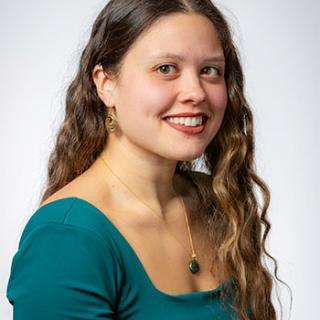
Alexis Pascaris, Masters of Science (MS)
Alexis is a research scientist and policy advocate at heart. She is an agrivoltaics and energy-water-land nexus researcher in the Impacts Analysis Group within the Strategic Energy Analysis Center. She is also the founder of AgriSolar Consulting, a platform designed to channel her expertise in energy policy and sustainable development into the broader realization of agrivoltaic systems. She earned her M.S degree in Environmental and Energy Policy from MTU. Her expertise lays at the intersection of renewable energy, land use, sustainable development, and environmental policy. She is also involved in the United Nations Framework Convention on Climate Change, and contributes to the field of agrovoltaic development through her expertise. Alexis aims to contribute her knowledge about energy policy and sustainable development to unite agriculture and solar.
Karuna Rana, Masters of Science (MS)
Other Collaborators

Jenny Apriesnig
Jenny Apriesnig is an Assistant Professor of Economics in the College of Business at Michigan Technological University (MTU). In her research, Jenny Apriesnig primarily focuses on coupling economic and ecological systems to evaluate fisheries management issues.

Ana Dyreson
Ana Dyreson is an Assistant Professor in the Mechanical Engineering-Engineering Mechanics department at Michigan Technological University (MTU). Dr. Dyreson leads the Great Lakes Energy Group, where she uses energy analysis and grid-scale modeling to study the performance of renewable technologies and the operation of future electric power systems.

Kathy Halvorsen
Dr. Halvorsen is currently University Professor of Natural Resources Policy, and holds joint faculty appointment with the Department of Social Sciences and the College of Forest Resources and Environmental Science, Michigan Technological University (MTU). Dr. Halvorsen has two main research domains: indigeneity and environmental stewardship and socio-technological system transitions toward climate change mitigation and adaptation.
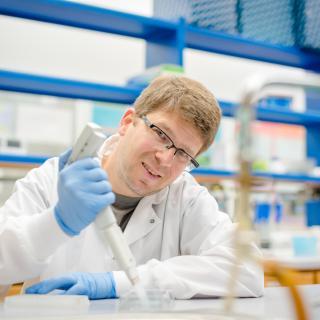
Carston Kuelheim
Dr. Kuelheim is an associate professor in the College of Forest Resources and Environmental Science, Michigan Technological University (MTU). Dr. Kuelheim's research investigates the interactions between trees and their environment – both abiotic and biotic. He uses diverse methods including whole genome sequence analysis, plant physiology, chemical ecology and functional genomics. His studies produce vital information for the selection of resilient trees which will provide valuable resources such as construction and high-tech materials, and biofuels in the future.

Judith Perlinger
Dr. Perlinger teaches undergraduate and graduate courses at Michigan Technological University (MTU) in environmental engineering including Fundamentals of Environmental Engineering, Sustainability, Transport and Transformation of Organic Pollutants, and Applied Boundary Layer Micrometeorology.
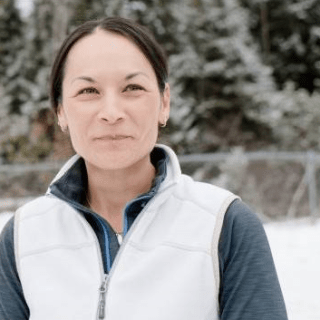
Valoree S Gagnon
Valoree S Gagnon is the Assistant Professor in the College of Forest Resources and Environmental Science, and the Director for University-Indigenous Community Partnerships at the Great Lakes Research Center, at Michigan Technological University (MTU). Gagnon’s interdisciplinary expertise in environmental policy, food sovereignty, and community-engaged research focuses on the human dimensions of natural resources and the socio-cultural impacts of legacy toxic compounds, particularly on fishing communities. Her research, teaching, and service center on elevating Indigenous peoples and knowledge, facilitating equitable research practice and design, and guiding partnerships that prioritize the protection and restoration of land and life in the Great Lakes region.
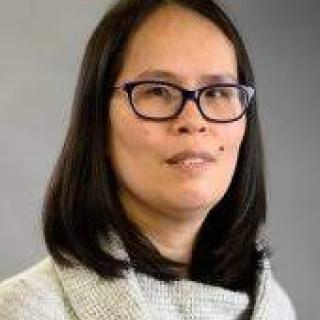
Jiehong Guo
Jiehong Guo is an Assistant Professor in the Civil, Environmental, and Geospatial Engineering Department at Michigan Technological University (MTU). Her research is focused in two parts; biomarkers of DNA damage caused by carcinogens, and developing and applying analytical methods to measure persistent, bioaccumulative and toxic (PBT) pollutants in various environmental matrices.

Sarah Green
Dr. Green has been a member of the Chemistry Department at Michigan Technological University (MTU) since 1994 and served as Department Chair from 2004 to 2013. Dr. Sarah A. Green is interested in all aspects of environmental chemistry from molecular analytical methods to global climate change, including the science policy interface.
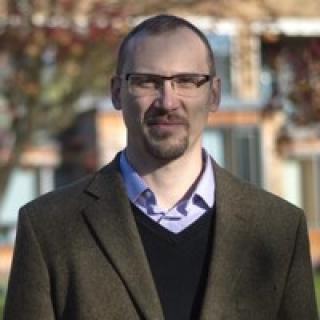
Roman Sidorstov
Dr. Sidortsov currently serves as an Associate Professor of Energy Policy at Michigan Technological University (MTU), Associate Editor of Energy Research and Social Science, and Senior Research Fellow in Energy Justice and Transitions at the Science Policy Research Unit of the University of Sussex. Dr. Sidortsov’s research focuses on international and comparative energy law and policy with a special emphasis on the Russian Federation and the United States, revitalization of post-industrial communities through sustainable energy redevelopment, energy security and justice, risk governance in the energy sector, and Arctic energy development.
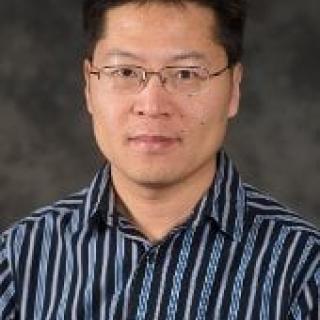
Shiliang Wu
Shiliang Wu is a Professor in Geological and Mining Engineering and Science and Professor, Civil and Environmental Engineering at Michigan Technological University (MTU). Dr. Shiliang Wu has research interests in climate, atmospheric science, air quality, and land usage.

David Watkins
Dr. Watkins is the distinguished professor at the Department of Civil, Environmental and Geospatial Engineering, Michigan Technological University (MTU). Dr. Watkins' teaching interests include hydrologic and hydraulic engineering, water and environmental systems analysis, and international service learning. His research work has focused on sustainable development and the application of decision theory and information technology to environmental and water resources problems in both the developing and industrialized world.

Joshua Pearce
Dr. Joshua Pearce is the John M. Thompson Chair in Information Technology and Innovation at the Thompson Centre for Engineering Leadership & Innovation. He holds appointments at Ivey Business School and the Department of Electrical & Computer Engineering. His research spans areas of solar photovoltaic technology, open hardware, distributed recycling and additive manufacturing, policy and economics.
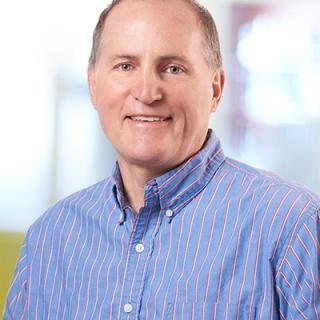
Dave Bohac
Dave Bohac is the Senior Director of Research at the Center for Energy and Environment. He has directed a variety of applied research and program development projects. He is on the research team for the project; "Drivers of Energy Service Transitions and Impacts on Well-being in Forest Dependent Rural Communities."

Lester Shen
Lester Shen is the director of innovative technologies at the Center of Energy and Environment. He is on the research team for the project; "Drivers of Energy Service Transitions and Impacts on Well-being in Forest Dependent Rural Communities."

Ge (Gaby) Ou
Dr. Gaby Ou is an assistant professor at the Department of Civil and Environmental Engineering, University of Utah. Her research focus is civil infrastructural performance assessment. Interested topics including hybrid simulation testing technique, nonlinear system modelling and identification, structural health monitoring using engineering sensor and human sensor information, and critical infrastructure interdependence analysis.
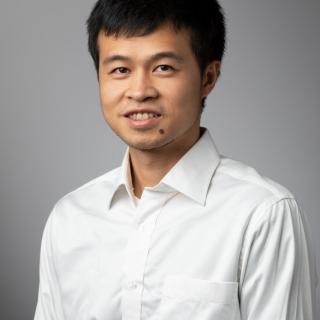
Jianli Chen
Dr. Jianli Chen is an assistant professor in the Civil & Environmental Engineering Department, University of Utah. Dr. Jianli is devoted to improving the building and urban sustainability and resilience for the future smart city. His research focus on building energy and airflow modeling, application of Artificial Intelligence and information technology for improved building and infrastructure smartness, building energy efficiency, occupant behavior, comfort, and health.
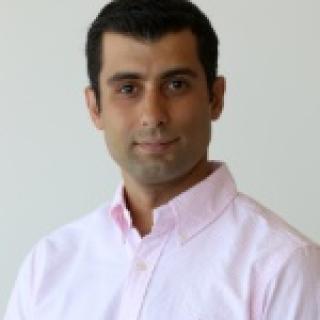
Mostafa Sahrael-Ardakani
Dr. Mostafa is an assistant professor at the Department of Electrical and Computer Engineering, University of Utah. His research interests lie at the intersection of power engineering, operations research, economics, and public policy. His research interests is at the intersection of power and energy systems by looking at power system optimization, transmission system operation, electricity markets, energy and environmental economics and policy, and the smart grid.